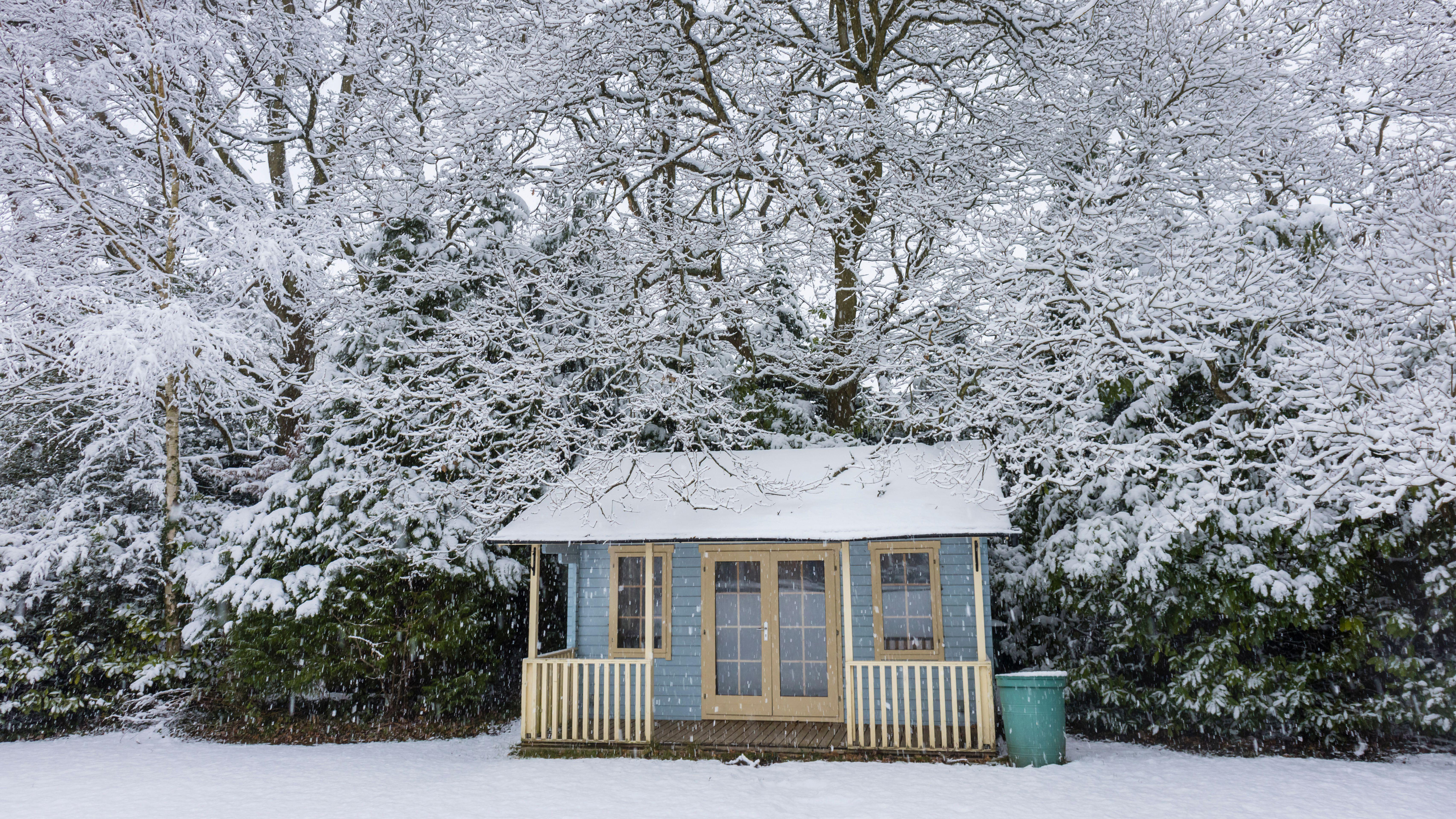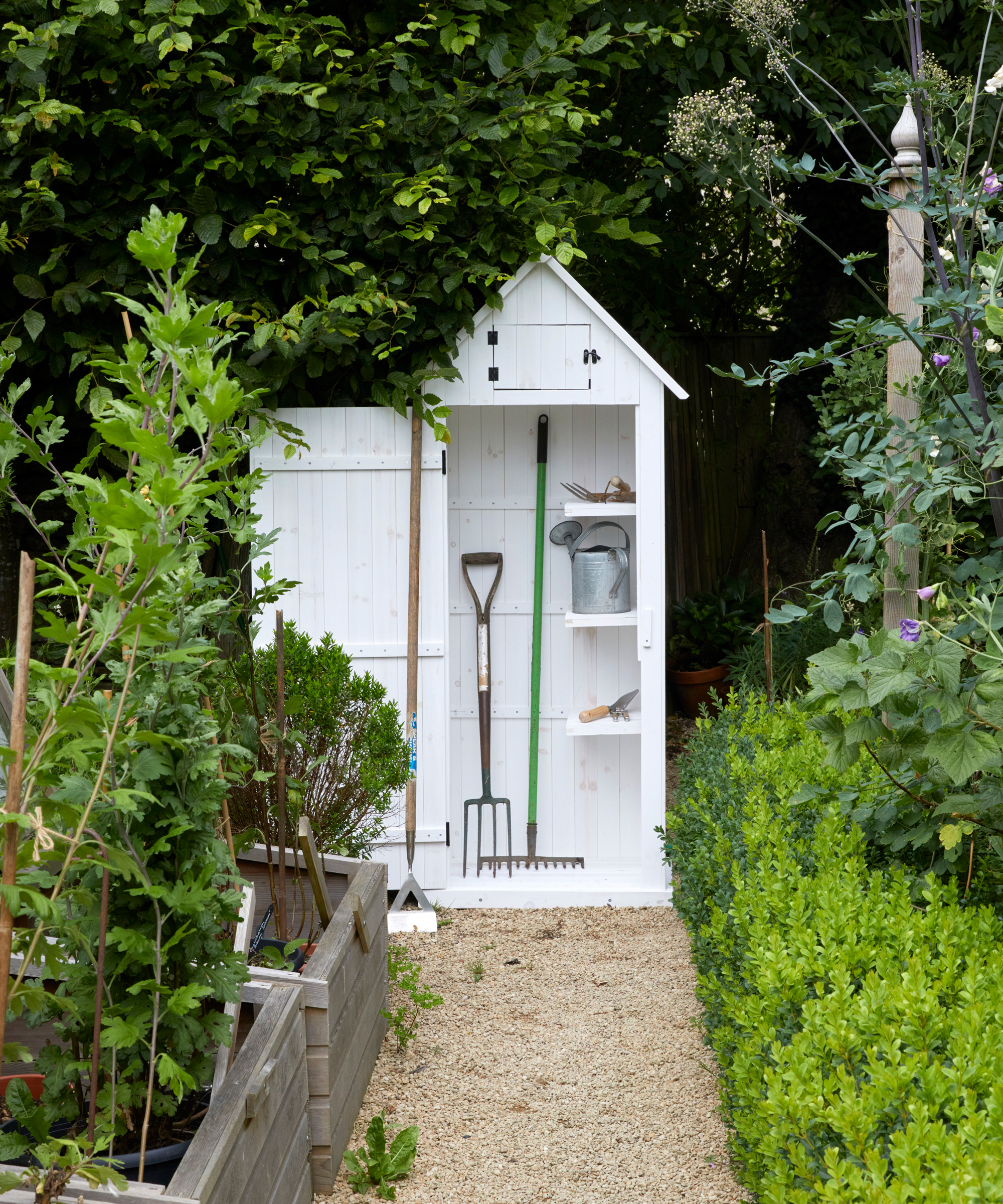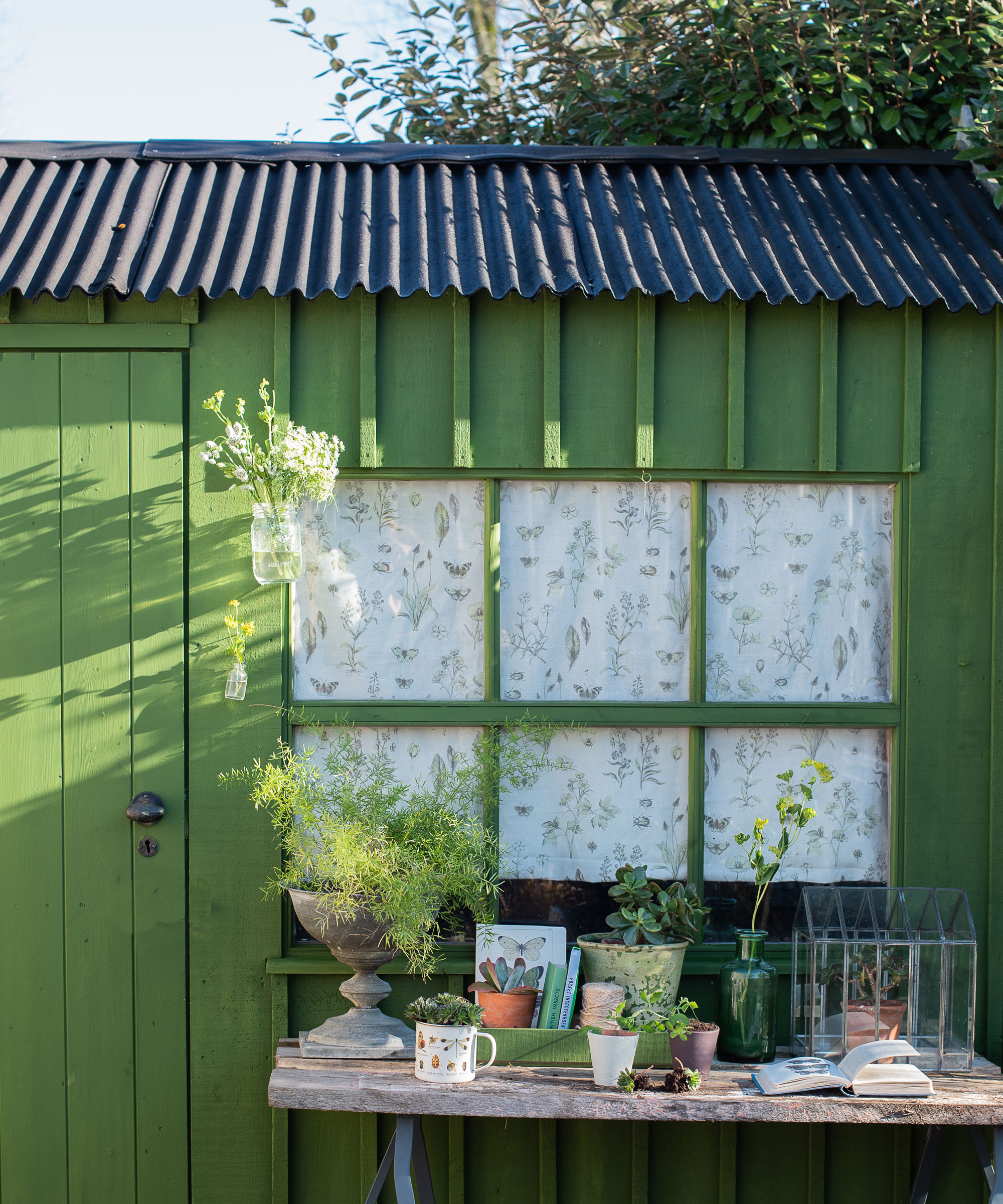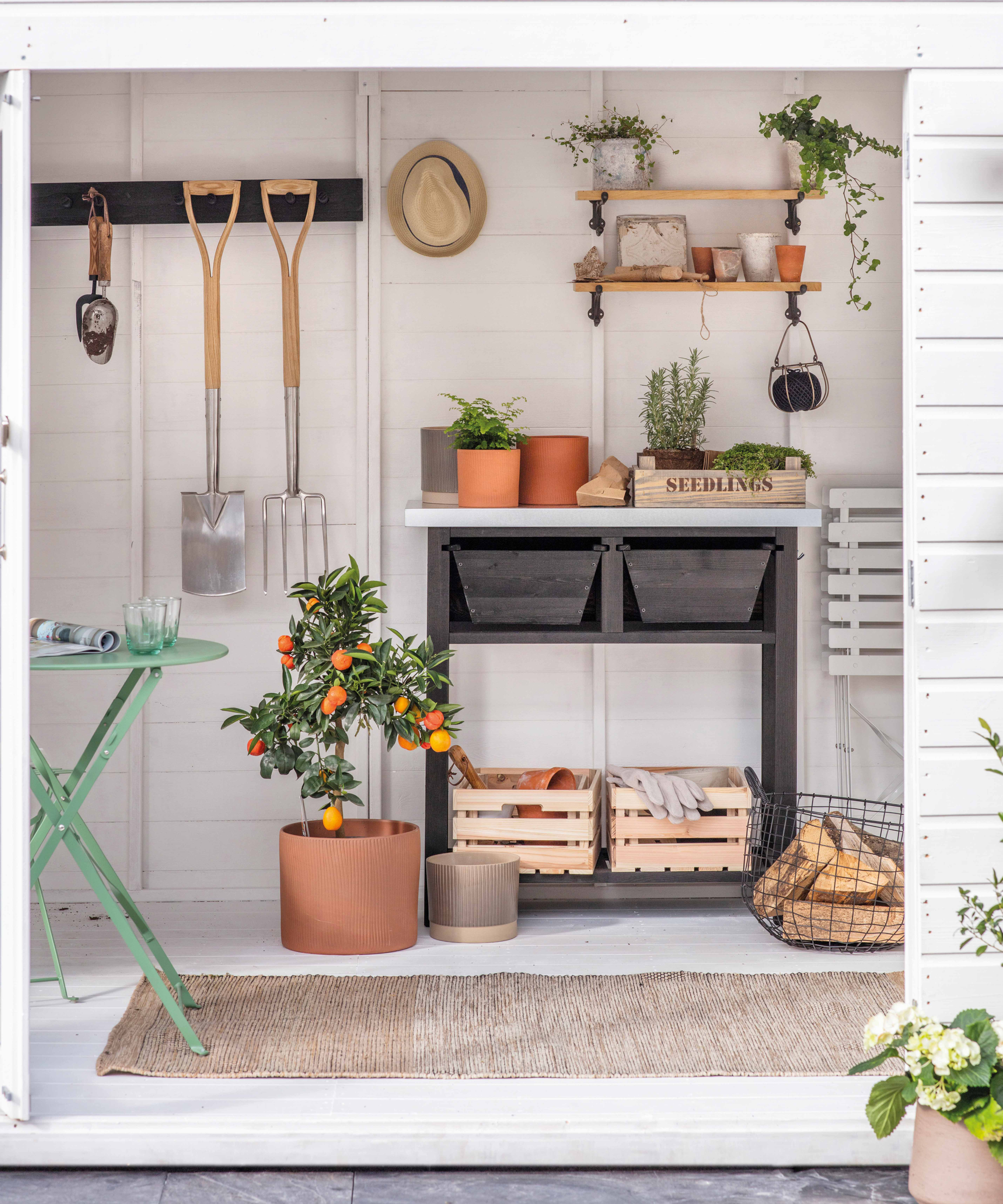Experts share the secret to protecting your shed from winter weather
Exposure to the elements can have a 'detrimental' effect, and you should avoid leaving cardboard inside


Experts have shared a winter shed tip for protecting it from the elements. The best sheds have been in high demand during the pandemic, with many of us becoming proud owners of one.
To keep yours in tip-top shape, your shed will need some extra care when the weather turns cold, snowy, and wet. According to shed experts, it's essential to look out for water ingress and to remove any cardboard from the interior.

Expert winter shed tip
GardenBuildingsDirect.co.uk says wet or moist items can produce condensation and make a shed damp inside. So, remove any paper, fabrics, and cardboards as these can absorb moisture from the walls and floors.
Jack Sutcliffe is Co-Founder of shed builder Power Sheds, which sells sheds, summer houses, and potting sheds. He echoes GardenBuildingsDirect.co.uk and points out that you should make sure items like bikes, garden furniture, and your best lawn mower are dry and free of wet grass before stashing them away.
As well as preventing damp items on the inside, you need to look out for water coming in from the outside. Jack Sutcliffe comments that when water infiltrates your shed, this can cause problems both within the shed and to the very structure.

'Keeping your shed fully protected during winter is incredibly important, as exposure to the elements and extreme temperatures can be detrimental,' says Jack Sutcliffe. 'If your shed isn’t properly protected, the wood can begin to deteriorate, turning wet and moldy.'
He says whether you’re using your shed as an office or simply for lots of handy shed storage ideas, the last thing you need is water seeping inside. As well as keeping a close eye on signs of moisture, Jack Sutcliffe recommends applying a preservative, available at Amazon.

Even if your shed is pre-treated, this will add an extra layer of protection. Just like your house, ventilation is also key in preventing mold and mildew.
On the drier winter days, it's a good idea to allow fresh air to circulate to help dry out the building and stop mold growing where water may have already seeped in. Inspecting the shed for any holes and keeping the interior nice and dry will go a long way in keeping your shed ideas in a good condition for years to come.

Millie Hurst has worked in digital journalism for five years, having previously worked as a Senior SEO Editor at News UK both in London and New York. She joined the Future team in early 2021, working across several brands, including Gardeningetc. Now, she is Senior Content Editor at Ideal Home, taking care of evergreen articles aimed at inspiring people to make the most of their homes and outdoor spaces.
